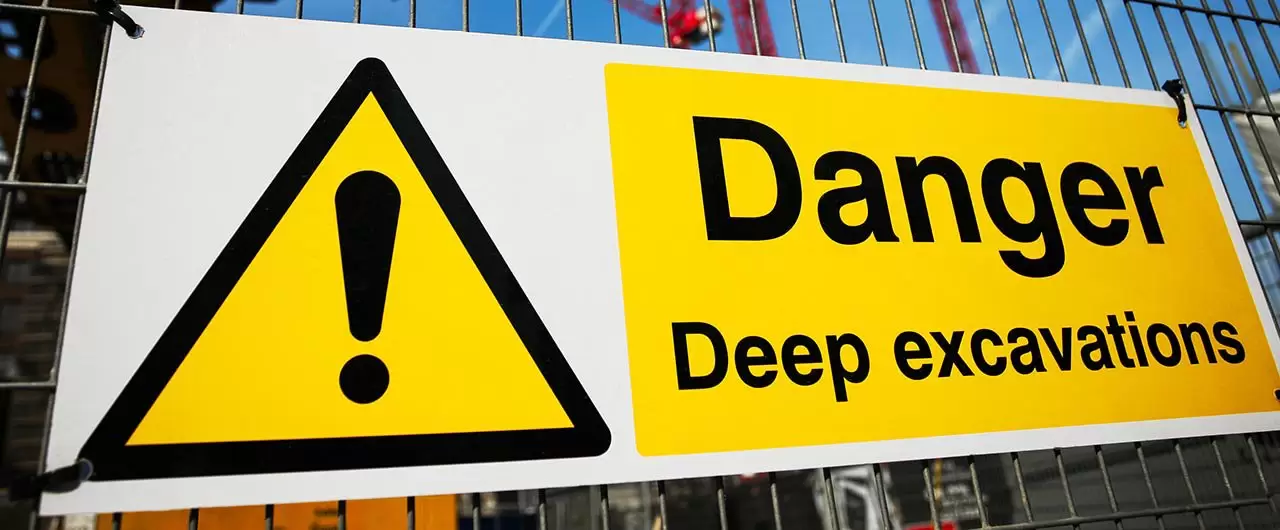In a world where emergencies can strike unexpectedly, communication is key to ensuring safety and security for oneself and others.
However, in situations where language barriers exist, effective communication becomes challenging, potentially exacerbating the already stressful circumstances.
This is where safety languages come into play, offering a universal means of communication to navigate emergencies and ensure swift responses.
Here, we explore the significance of safety languages and highlight some key phrases everyone should know to stay safe in times of crisis.
Why Safety Languages Matter:
In times of emergencies such as natural disasters, accidents, or medical crises, clear and effective communication can mean the difference between life and death.
However, language barriers often hinder this communication, leading to confusion, delays, and increased risks.
Safety languages provide a solution by offering a set of essential phrases that transcend linguistic boundaries, enabling individuals to convey vital information and seek assistance promptly.
Key Safety Phrases:
- Help/Assistance: Whether you’re injured, stranded, or in immediate danger, knowing how to ask for help is crucial. In many languages, the word “help” or “assistance” is universally understood, making it an essential phrase to learn.
- Emergency Services: Being able to communicate the need for emergency services such as police, fire department, or ambulance is vital. Memorizing the local emergency numbers or knowing how to ask for these services in different languages can expedite response times.
- Medical Needs: In medical emergencies, conveying specific medical needs or conditions accurately can be lifesaving. Learning how to communicate basic medical information such as allergies, medications, or injuries in multiple languages can ensure prompt and appropriate care.
- Safety Instructions: Understanding and following safety instructions during emergencies is crucial for personal safety and the safety of others. Phrases such as “evacuate,” “take cover,” or “stay calm” should be familiar to everyone, regardless of language proficiency.
- Location and Directions: Providing accurate information about your location or directions to emergency responders can expedite assistance. Learning how to describe your location using landmarks, street names, or cardinal directions in different languages can aid in effective communication.
- Communication Tools: In situations where verbal communication is not possible or limited, knowing how to use basic communication tools such as gestures, symbols, or emergency signals can bridge language gaps and convey essential information effectively.
Learning and Practicing Safety Languages:
While it may not be feasible to become fluent in multiple languages, acquiring basic proficiency in safety languages can significantly enhance emergency preparedness.
Resources such as language learning apps, community classes, or online tutorials offer accessible ways to learn essential safety phrases in different languages.
Moreover, regular practice and reinforcement of safety languages through drills, simulations, or role-playing exercises can reinforce learning and improve recall during high-stress situations. Additionally, incorporating safety languages into emergency preparedness plans, workplace protocols, or community initiatives can promote widespread adoption and awareness.
In an increasingly interconnected world, where emergencies transcend borders and languages, the importance of safety languages cannot be overstated.
By equipping individuals with essential phrases and communication skills, safety languages empower everyone to effectively navigate emergencies, seek assistance, and ensure personal safety as well as the safety of others. Investing time and effort in learning and practicing safety languages is not only a prudent measure but also a tangible step towards building resilient communities and promoting global safety and security.




